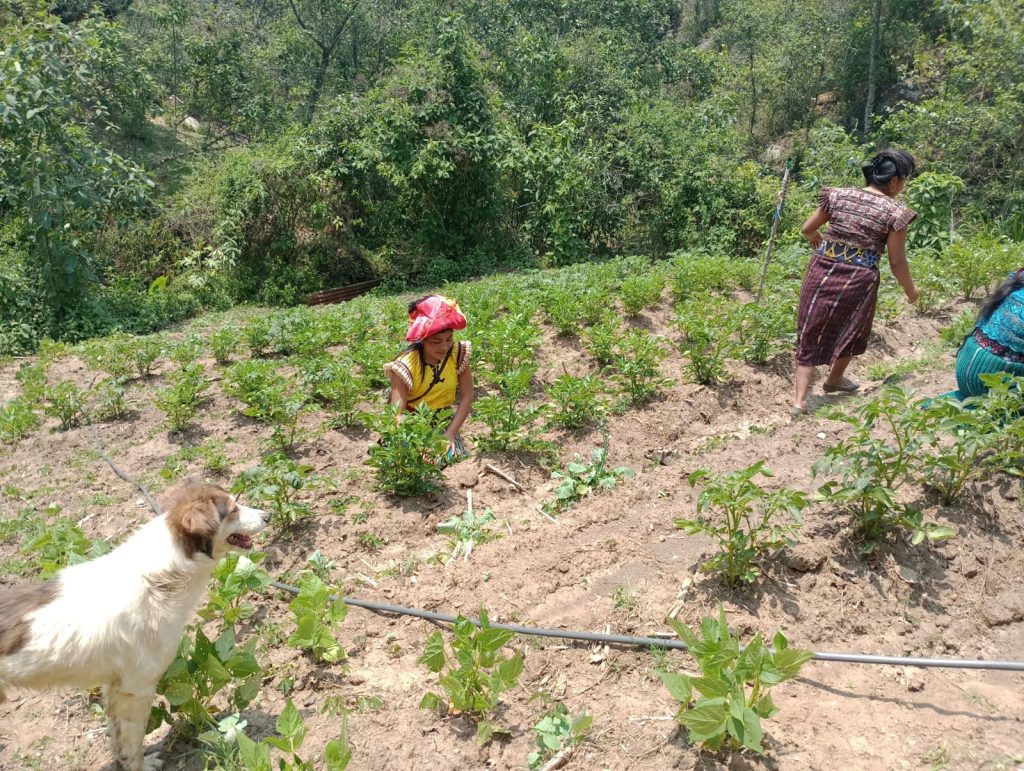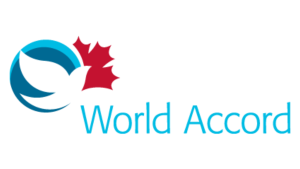United for Life Association (ASUVI-Quiché) – Guatemala
United for Life Association (ASUVI-Quiché)
ASUVI-Quiché (Asociación Unidos por la Vida), created in 1997, works primarily with rural indigenous women living in the North-West of Guatemala, a region particularly torn by the internal armed conflict (1960-1996). All ASUVI members are primarily small-holder farmers. Incomes from farming vary depending on access to land (almost all women rent), and markets. The impacts of the climate crisis with environmental degradation and loss of ecosystems make farming even more challenging which explains the focus on water and soil regeneration. The majority of ASUVI members live below the Guatemalan poverty line. ASUVI adopts an integrated, holistic development approach to its programming.
Guatemala
Guatemala is an ecologically and culturally rich country: 60% of the population speaks Spanish, though the government recognizes 23 languages more. Almost every municipality in the country has a small museum. Guatemala has a population of 14 million; 40% of whom are indigenous peoples. Nearly half of Guatemala’s population is under age 19. Approximately 50% of the population lives below the poverty line.
Guatemala has the highest number of children with acute malnutrition in Latin America and is number four in terms of chronically malnourished children in the world – again the majority coming from indigenous communities.
Guatemala’s social indicators often fall below those of countries with lower per capita incomes because of the extreme disparities between rich and poor. With over half of Guatemala’s population residing below the poverty line, the financial strain on families makes it challenging for children, particularly indigenous youth, to afford the increasing expenses associated with education such as uniforms, books, supplies, and transportation. Accessing primary education is especially arduous for rural children, leading to a high dropout rate due to inadequate facilities and limited opportunities.
Indigenous students, particularly males, typically discontinue their education around the age of 12, the transition point between primary and secondary school, primarily due to economic pressures and the demand for labor. Financial stability becomes a pressing concern, prompting many to prioritize work over schooling. This dilemma leads to a higher likelihood of indigenous students balancing work alongside their education or dropping out entirely. Ultimately, poverty serves as the primary barrier to education for indigenous students, with rural residence further exacerbating issues of incomplete schooling and non-enrollment. Violent crime, as well as human and drug trafficking are increasingly significant problems in the country.
Programs
Water and Basic Sanitation
Implement systems to introduce drinking water to families and communities without access. Likewise, the construction of dry family compost latrines, Promote the installation of wood-saving stoves, Installation of Water purifiers operating through Ultraviolet Rays and Sowing water in micro-basins.
Resilient Agriculture
Promote working with appropriate and organic technology, with the construction of Greenhouses, Macro tunnels, Family gardens, Rainwater collection systems, and Livestock activities, establishment of yard animals, chickens, sows, etc.
Legal Certainty of the Land
Promote processes to guarantee the legal certainty of the land of families that do not have this security, as well as communities in situations of land insecurity.
Community Treatment Project
Care for people and families with drug addiction problems and project targeting children and adolescents with different abilities (CAIICAD).
Gender Equity
Social and economic empowerment for women and girls, ending sexual and gender-based violence
Youth Participation
Project in the school, I feed my dream: implement actions to prevent the dropout of boys and girls from grades 4,5,6 in 20 schools, with recreational, productive agricultural activities and Psychopedagogical tools

Support the Program
Guatemala
